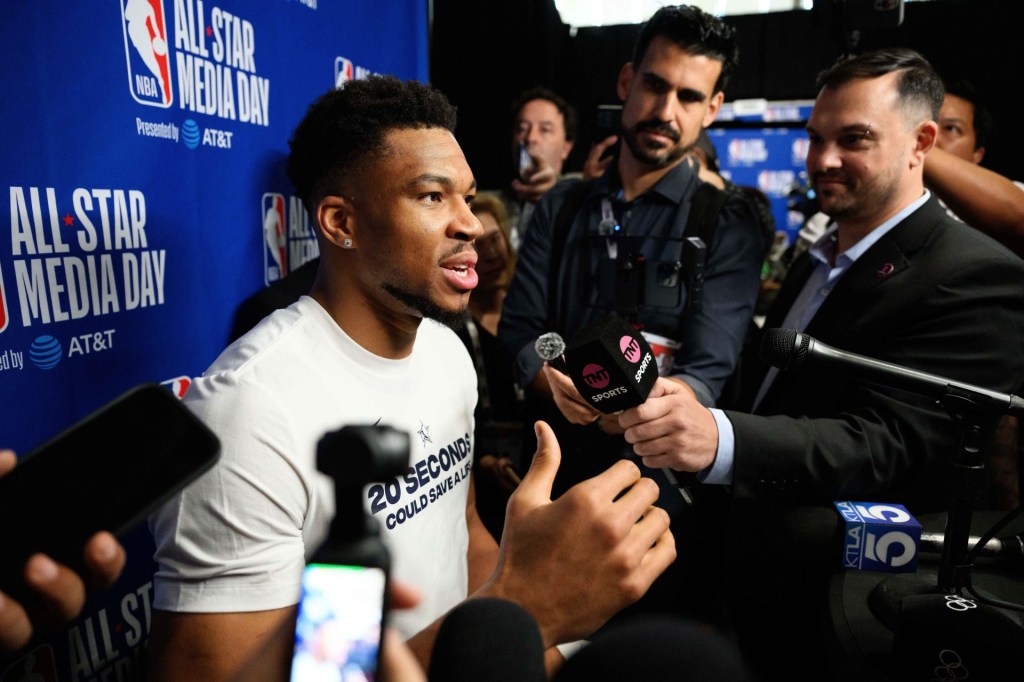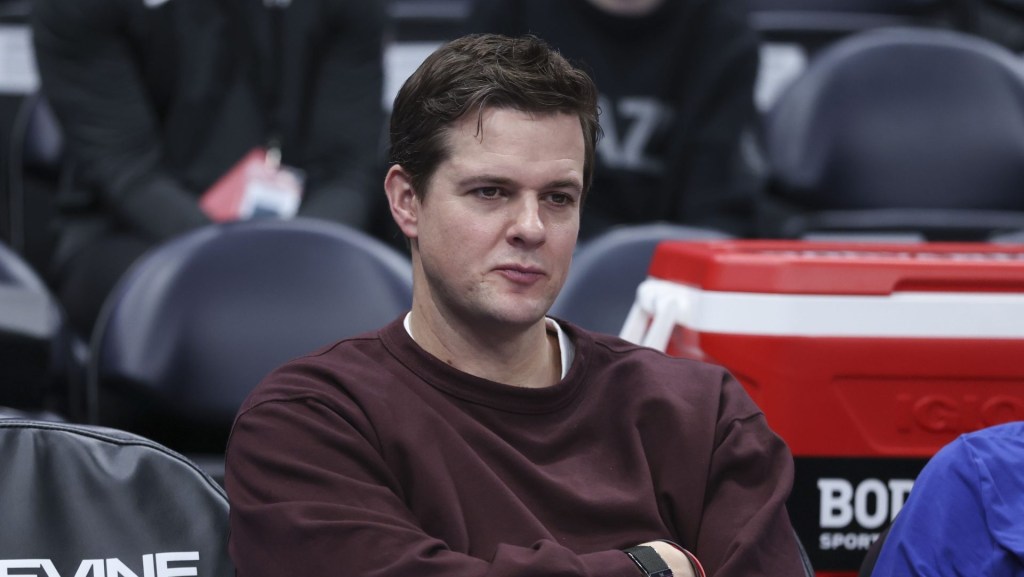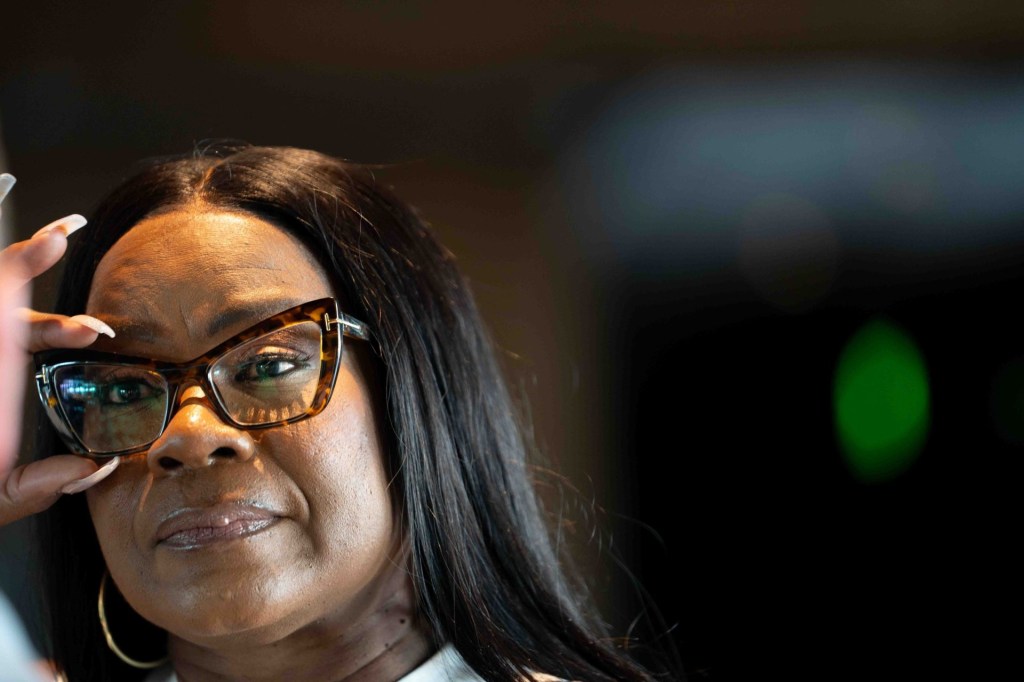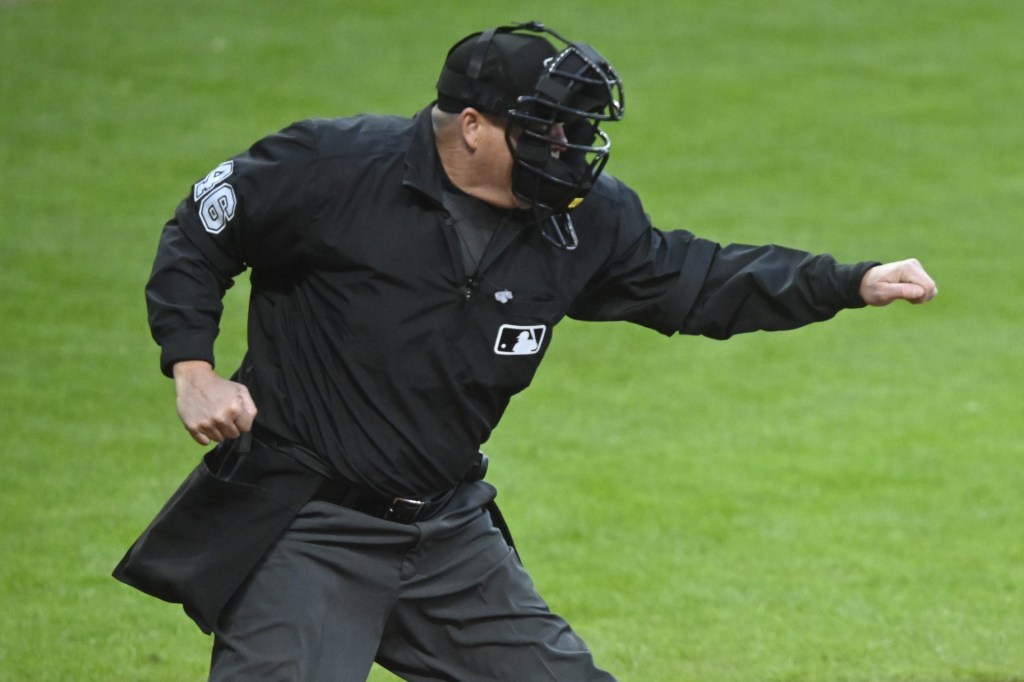By: Adam White, @FOSAdam

Front Office Sports is proud to have sat down with Jose Campos, Head of Marketing at Global Premier Soccer, a soccer club based in Massachusetts with over 120 teams and 10 franchises all over the United States. He received his Bachelor’s degree from the University of Wales in Public Relations and Advertising with a minor in marketing. He went on to receive his master’s degree in Sports Management from the University of Barcelona. He wants to one day to start his own company. He was gracious enough to offer up his insight on one of the sports industries most popular career fields, how effective networking helped him get to where he is today and why patience is important in the sports industry.
How did your previous positions help you get to where you are today?
Before I started my current position as a Marketing Manager at Global Premier Soccer, I used to work as PR executive for an agency in London. This position not only gave me my first experience in an English-speaking office, but it also gave me a better understanding of how to use social media for business. It is a strong and useful tool for PR campaigns because in our society, the image that we reflect, as individuals or as a company, is everything.
I started my current job dealing with press releases and social media, which was my area of specialization and part of the reason I was first hired. I was offered the Marketing Manager role when the position became vacant, so it was half being lucky to be part of the company when the position was open and half already having proved that I was competent enough to take over the position.
What is the average day like for you? What challenges do you face?
My day is not much different from another executive in any industry: replying to emails, supervising the team, distributing tasks, creating new campaigns or brainstorming new ideas that could improve our programs.
My day-to-day challenges are creating successful PR, social media, digital or advertising
campaigns. Every day there is tweet or post to write, a photo to upload, a press release to create, a poster or flyer to design, or an email to send out. Everything has to be done not only to the highest standards, but also with the creativity needed to attract the public and with the effectiveness to increase sales and improve our branding.
What drew you to being a part of the marketing aspect of sports?
I knew since I was a little kid that I wanted to have a career in sports, especially in soccer. I did not make it as a professional player, and coaching is my hobby and I am happy to keep it that way. So working on the management side was the next best option and for that I didn’t need athletic talent, just passion, dedication and hard work. Everybody can potentially be David Stern, but not Michael Jordan.
What is your favorite part about working in the sports industry?
I love helping kids develop their soccer skills so they can achieve the dream that I could not have. Both as soccer coach and as marketing manager I can never stop thinking, “One of these players will be the next Leo Messi, Lebron James, Derek Jeter, Peyton Manning… and a tiny part of their success would be because of this competitive program that we have created to develop his/her skills”.
How do you see sports marketing changing over the next few years?
It will all get more and more technological. The major stadiums will have wi-fi so that fans can order food and drinks to their seats from their phones. Instant replays will show 360º views on your phone, and betting and fantasy leagues will expand drastically. Cell phones will be constantly in our hands during the games to improve the experience.
I hope that the Internet allows supporters from all over the world to follow their teams everywhere. Twenty years ago, North American kids did not watch soccer because it was not on TV and there was not another chance to see it. Nowadays kids can have access to soccer either on TV or through the Internet, which is increasing the number of fans in this country.
What I would not like to see is too much technology intruding on the game. I do not want to see cameras everywhere and stopping the game to check if it was fault, offside or goal. We are all human and we all make mistakes, including the referees. I would rather discuss the penalties with my friends than stop the game and wait until the referee uses additional cameras to make the final call.
What are some tips you have for students and young professionals?
First of all, be patient. It is really hard to get into the sports industry. I have seen how people do unpaid internships for years before they get to have a salary and a “real” job. Study a lot. Your competitors in a job interview will be highly qualified, so make sure you are too. Religiously read sports business magazines and always be aware of what is going on in the industry.
Develop your network by using LinkedIn, Twitter, and Facebook, and participate actively. Comment in the forums, give your opinion and share relevant articles. Do not underestimate the power of social media.
And one last thing that worked very well for me — do not be afraid to leave your comfort zone to achieve something better. In Spain, soccer is the most popular game with the country, but in America, it is still growing, which gave me an easier way to start a career here. If you are passionate about basketball but you do not have experience yet, why not try in China or Europe? If you are a baseball fan, why not try in Japan where they also copy and follow the MLB as much as they can?
Like retired players or potential superstars, go to a minor league compared to the one in the U.S. It will make companies appreciate your skills, potential and knowledge of the game more if you start small and work your way up rather than immediately trying to compete against the big fish in the industry.
Sports marketing is 90% marketing and 10% sports, so you could study in any business program and end up working in the industry, but I would highly recommend a sports-focused program. They allow you to use your network of professors to get your first position, and networking is everything in this industry.
How important is networking?
Networking is one of the most important things in the sport industry. If you have someone that gives you your first opportunity, the next ones will come more easily. If you have someone that puts you in contact with a CEO, a marketing director or someone from human resources, you can easily get a call for an interview without just relying on the luck of having your resume chosen from among hundreds of applications.
Once you are in, networking is as important as in another industry, but to break into the field, I would say it is more important or relevant than anywhere else.
What is the best career advice you’ve been given so far?
During my first internship, a colleague told me “If you are the smartest person in a room, you are in the wrong room.” That Richard Tirendi quote is very useful at the first stages of your career. I always want to be around people who are smarter and more knowledgeable than me and who have more experience so that I can learn from them. In my personal relationships, and my academic and professional goals, I always follow this piece of advice. I always try to be around people who are smarter than me, and that has helped me a lot so far.

















